Wind: mph,
Welcome to our new web site!
To give our readers a chance to experience all that our new website has to offer, we have made all content freely avaiable, through October 1, 2018.
During this time, print and digital subscribers will not need to log in to view our stories or e-editions.

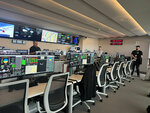
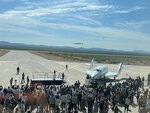







“Release, release, release.”
The order to separate Eve and Unity, sending the later to 54.4 miles above the earth, leaving the mothership behind, has happened for the last time.
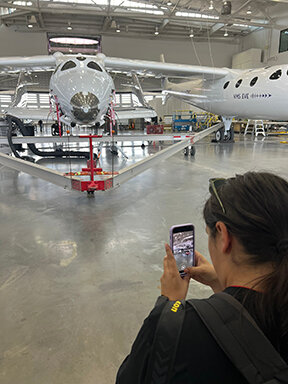
Sometime in late 2025, the Delta class ships are planned to begin their flights, for which some 700 individuals have paid between some $250,000 and $500,000 each.
Virgin Galactic president of operations Mike Moses said plans have changed due to economic factors. Previously, Unity was supposed to continue serving for two missions a month until Delta class was rolled out. The Delta spaceships are not very different externally from Unity but they will be a production ship, Moses said. They are being manufactured at the supplier's locations and will be assembled in Phoenix, Ariz., come to Spaceport America for testing and, finally, take to the air. These ships will have the capacity to fly several times a week, possibly even several times a day.
Mothership Eve will continue to launch the ships, he said.
While several private astronauts flew on the Saturday, June 8, one Turkish researcher, Tuva Atasever, aka Astronaut 027, had a special role.
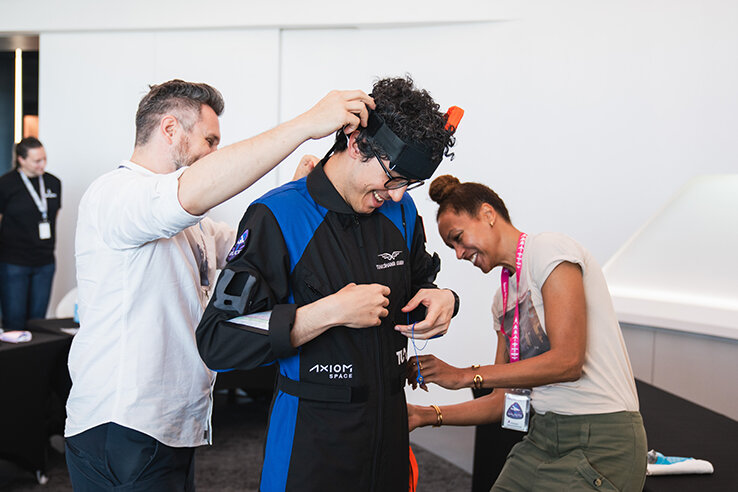
Following the flight, Michael Lopez-Alegria, chief astronaut with Axiom Space (space infrastructure developer), said Atasever is the second Turkish astronaut and first proper Azerbaijani astronaut, in the history of humanity.
“Tuva was the most important payload for us,” Lopez-Alegria said. “He conducted seven experiments, three of which were carryovers from AX-3 (a previous private space mission to ISS). He also had an Axiom experiment involving an insulin pen, to accurately dispense and dose an amount in space.”
Atasever said he was able to carry out all the experiments he was carrying with success. One experiment looks at how blood dynamics change in the prefrontal cortex area of the brain. Data was collected on breathing and heart rate at various times.
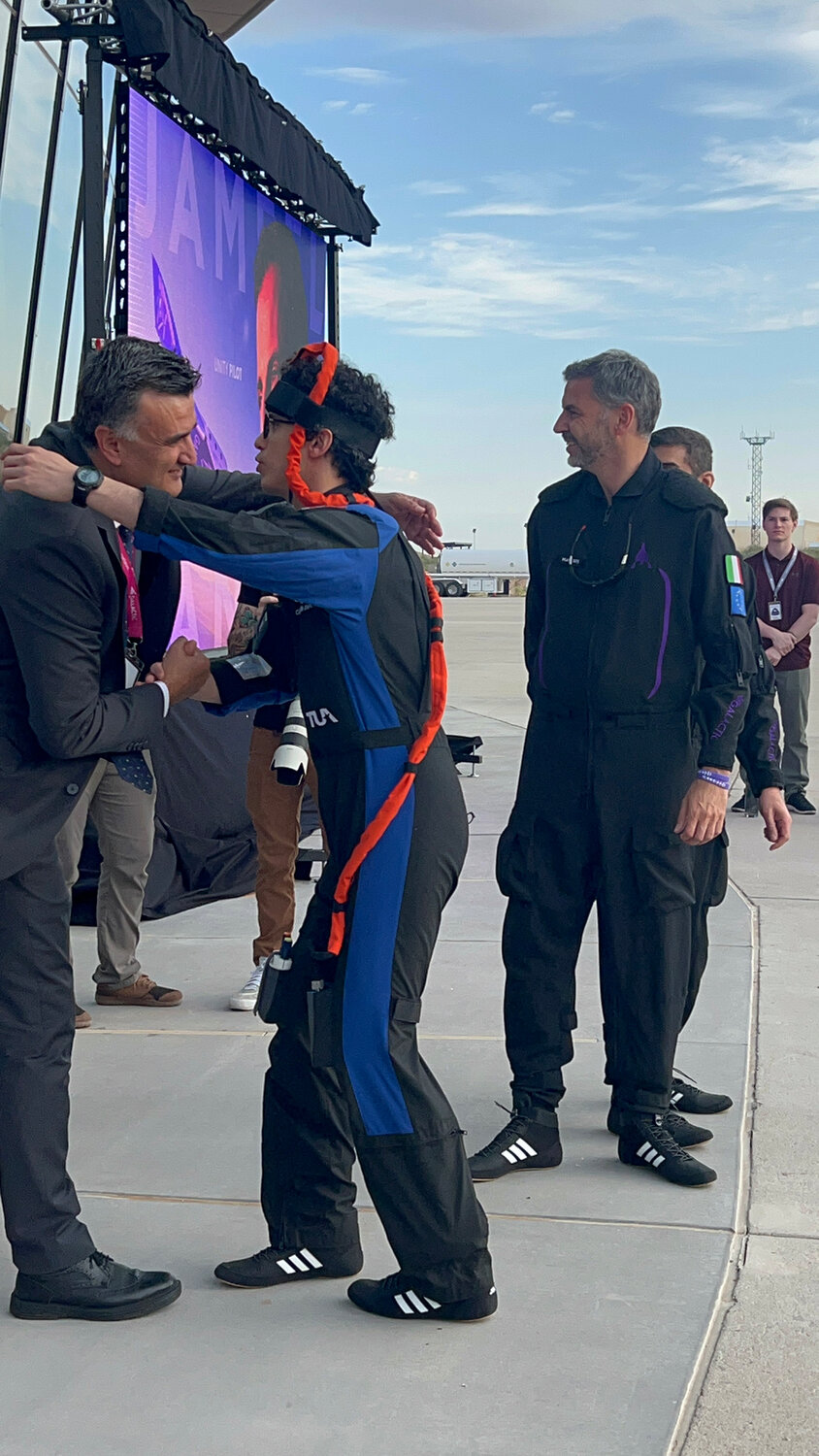
He hopes the experiment will be able to identify the psychophysiological effects and impacts of “seeing our blue planet from that vantage point”
The Galactic 07 autonomous rack-mounted research payloads included a Purdue University experiment designed to study propellant slosh in fuel tanks of maneuvering spacecraft, as well as a University of California Berkeley payload testing a new type of 3D printing.
Virgin Galactic has flown payloads for NASA’s Flight Opportunities program since the company’s first space flight in 2018 and was recently selected by NASA as a contracted flight provider for the next five years.
In addition to Atasever, three private astronauts were on the flight: Andy Sadhwani, Irving Izchak Pergament and Giorgio Manenti, who are now Virgin Galactic’s 28th, 29th and 30th astronauts.
Moses called the 32nd flight of Unity a bittersweet moment.
“It ends a really incredible chapter,” he said. “This vehicle is really revolutionary. really took off when we came to New Mexico.”
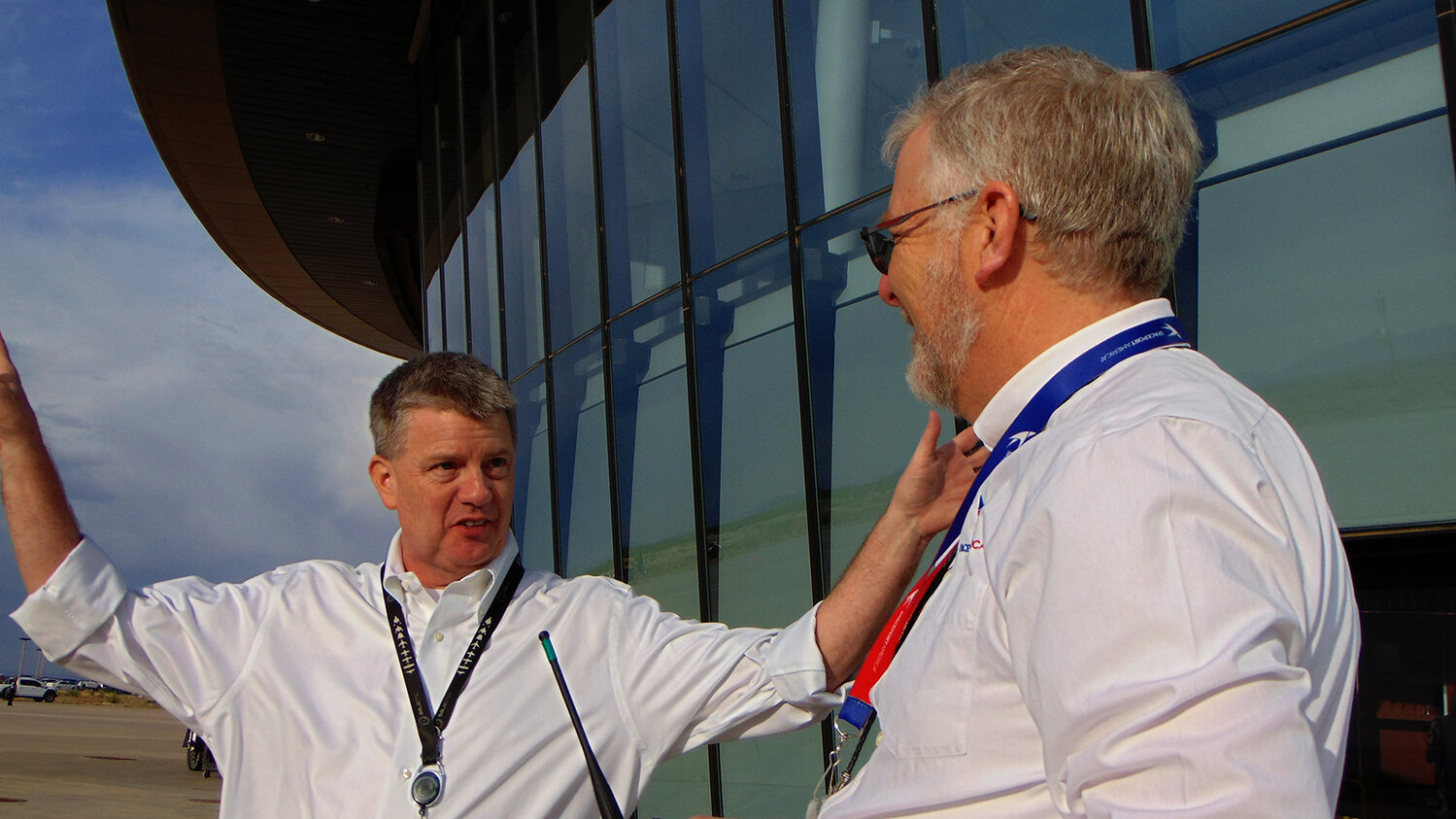 Moses said the upcoming Delta fleet of spaceships are designed to fly almost eight times more often than Unity was able to. Delta will fly two flights a week and possibly build up to more often than that. In 2026, they will be fielding two spacecraft and the mothership, Eve.
Moses said the upcoming Delta fleet of spaceships are designed to fly almost eight times more often than Unity was able to. Delta will fly two flights a week and possibly build up to more often than that. In 2026, they will be fielding two spacecraft and the mothership, Eve.
“That is 750 astronauts a year going to space,” Moses said. “That’s more than have gone to space in our 60-year history of spaceflight to date.”
Going forward, Atasever said he will need much more time to process his experience in suborbital space.
“The first shock was the release,” he said. “There is something to (being at the apogee) that brings about an immense serenity. There is an innate peacefulness to it.”
Looking down at the earth, seeing the atmosphere, watching layers darker blue stepping up to lighter tones, is not something you can describe with adjectives.
“Words will not do it justice because it is experiential,” he said. “You feel it in the guts.”